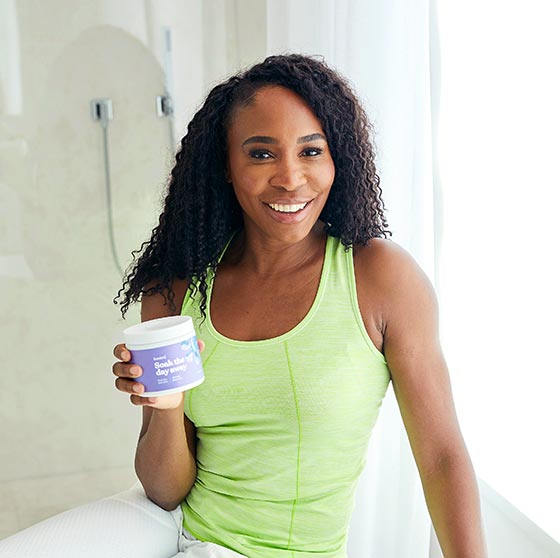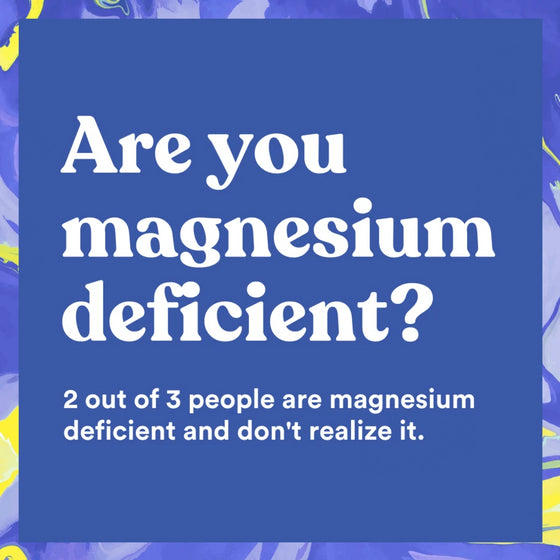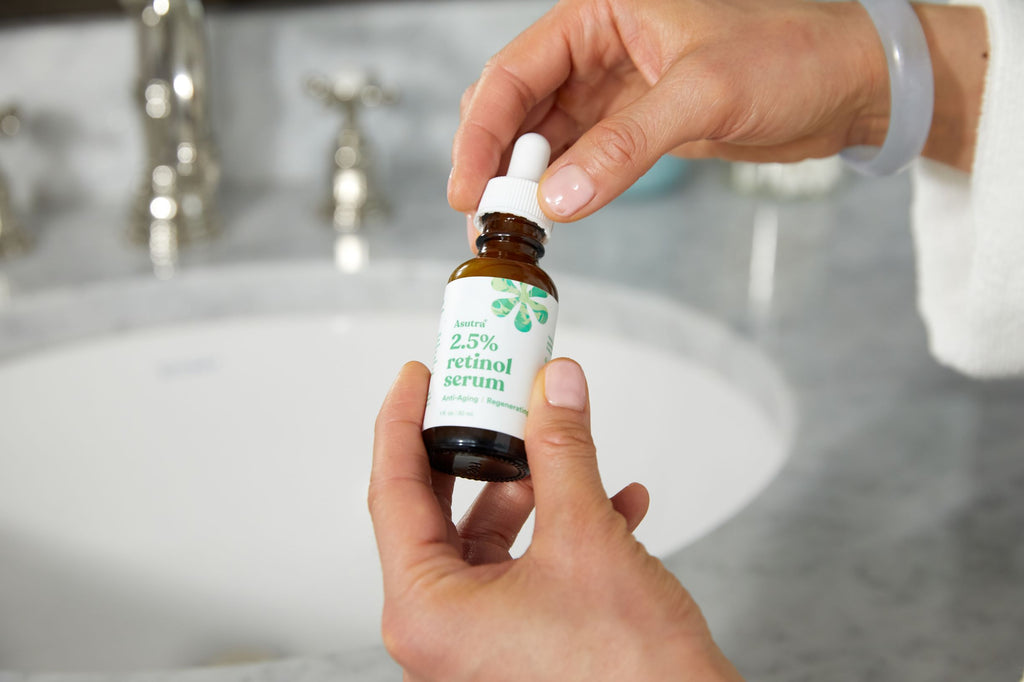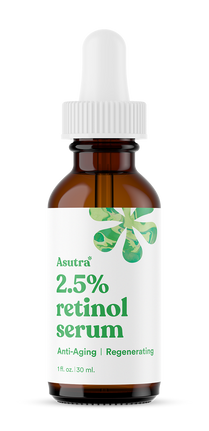The ultimate overview of retinol
In this blog, we tackle some of the frequent questions we receive about retinol in general and the 2.5% retinol serum we love!
To start, let’s begin with a bit of background on retinol. Retinol is a form of Vitamin A which promotes skin renewal and helps with the production of collagen (which, sadly, begins to decrease in your 30s). Retinol can also help to reverse some effects of sun damage.
According to Allure, there are plenty of myths around retinoids (the umbrella term for all retinol products). “The discussion surrounding the 'R' word is a frenzied one,” they said. “Retinoids are powerful enough to improve skin texture, pigmentation, and tone in just a few drops of serum or dollops of cream. The transformative effects on your skin are due to very potent formulations, which have caused retinols to garner a lot of differing opinions — and even more questions.”
Let’s break it down together.
So do all retinoids do the same thing?
In short, no. “Retinol is the only derivative of vitamin A worth using," says Dana Sachs, an associate professor of dermatology at the University of Michigan Medical School. "There's a lot of literature showing that, while retinol is more gentle than retinoic acid, biochemically it does exactly the same thing — it may just take longer to see results." The same can't be said for the derivatives called pro-retinols (aka, retinyl palmitate, retinyl acetate, and retinyl linoleate), which are the most gentle — but weaker, too.” (Allure)
Everyone (and my mother) raves about retinol. There has to be some downside to it, right?
The most common feedback we receive, and a Stanford Medicine article describes, is that people have sensitivity when they begin using retinol. Some people experience redness, dry and scaly skin and itching or burning but those side effects tend to subside with use. One thing to know is that retinoids initially increase the skin's sensitivity to ultraviolet light. This also decreases and disappears over time. The most important thing to do is wear sunscreen every day which we should all do whether we use retinol or not. There is a range of sensitivity and starting slow and using retinol once a week. Then increase your usage frequency depending on your needs and how your skin responds.
When (and where) should you apply retinol?
Retinoids break down in sunlight, which is why they are bottled in opaque packaging and are still best worn at night to make sure they aren't rendered inactive. We recommend applying retinol on clean skin on your neck and face in the evening, wait a few minutes (this is when we brush our teeth - time saving hack!), then apply face oil or moisturizer. As we mentioned, build up the frequency of how often you apply your retinol.
What kind of retinol does Asutra use in your serum?
At Asutra, we’re all about natural results. So, we put rovisome retinol 2.5% in our anti-aging retinol serum. Rovisome retinol is a highly stable, pure, and potent form of Vitamin A, which penetrates deeply to boost collagen production, reduce fine lines and wrinkles, plump your skin, even out tone and texture, and create a healthy, youthful glow. It’s completely natural, 100% vegan, and PETA certified cruelty free.
So if your skin’s feeling tired and you’re looking for rejuvenation, look no further. This natural ingredient isn’t magic. “The thing about Retin-A,” according to the New York Times “it works.”
And for our complete skin care routine, read our blog The anti-aging skin care regimen you need now.





